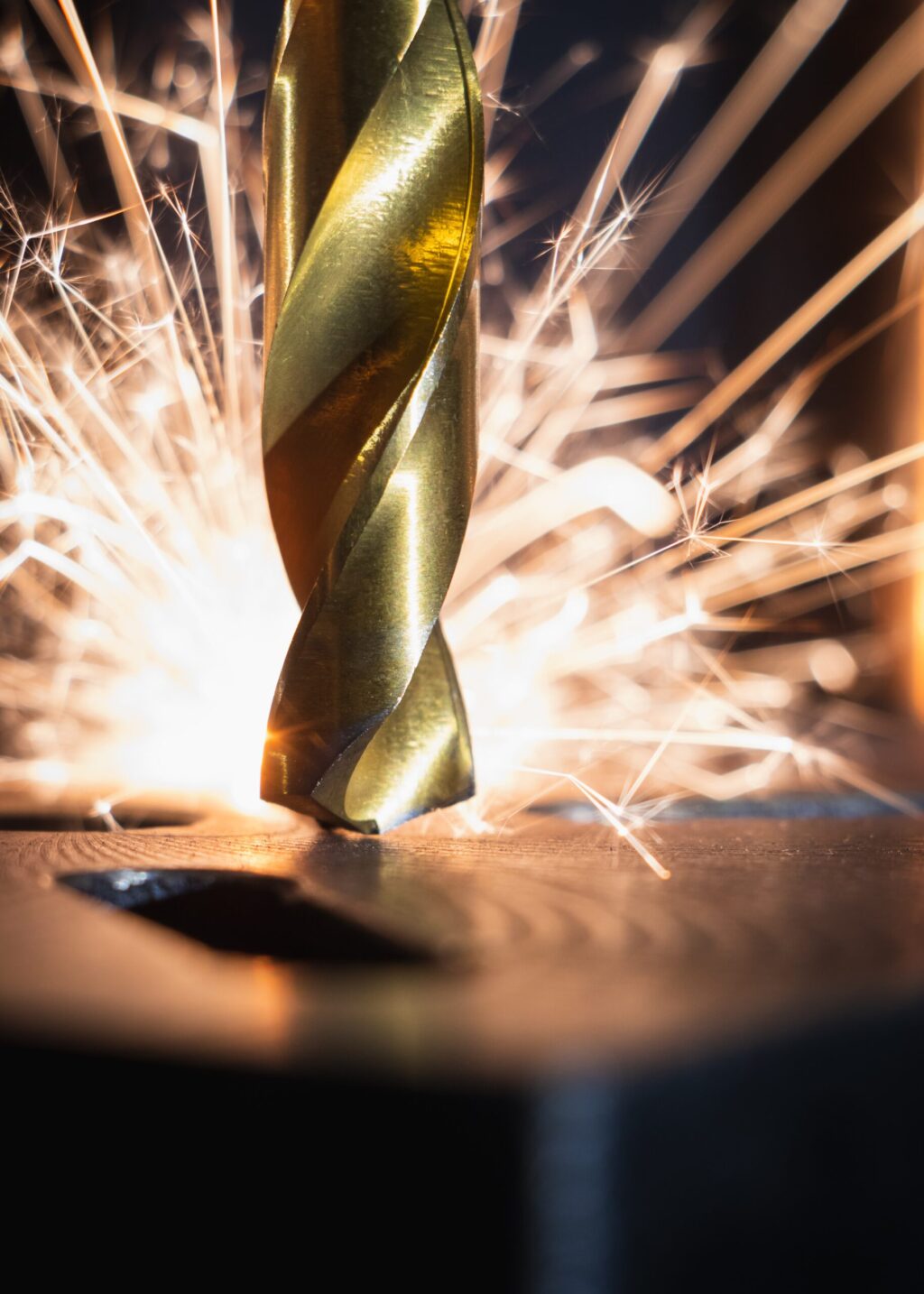Design & Developed by Themeseye

Titanium and aluminum are two commonly used metals in the manufacturing industry, each with unique properties that make them ideal for various applications. Comparing titanium vs. aluminum involves assessing the advantages and disadvantages of each metal, such as strength, machinability, cost, and corrosion resistance.
Understanding the differences between these two metals can help manufacturers determine which material is best suited for their specific project requirements, whether it involves machining. We will explore the key characteristics of titanium vs. aluminum and provide guidance for selecting the optimal material for your manufacturing needs.
Titanium is a strong, lightweight metal that is widely used in industries such as aerospace and medicine. As far as machining is concerned, titanium offers several advantages, as follows:
Titanium does have some drawbacks as well.
Aluminum is another popular metal for machining as it has some important properties.
Like titanium, aluminum has some drawbacks.
When deciding between titanium and aluminum, it is important to consider the specific requirements of the project. If strength and durability are paramount, titanium is usually the best choice. However, if cost is a concern, then aluminum might be a better choice. Additionally, if precision and accuracy are key, either metal can work, depending on your specific needs. Furthermore, titanium is around two-thirds heavier than aluminum, but it’s a much sturdier metal. When comparing titanium weight vs. aluminum weight for production purposes, it’s important to note that less quantity of titanium is needed to get the same hardness and strength. Therefore, an aluminum vs. titanium weight comparison is needed for the products that are weight sensitive.
Titanium and aluminum are both popular metals for machining projects. Titanium is a strong, lightweight metal that is corrosion-resistant and relatively easy to machine. However, titanium is expensive and difficult to finish. Aluminum, on the other hand, is a lightweight metal that is strong, corrosion-resistant, and relatively easy to machine, but it is not as strong or durable as titanium, and it is not as heat-resistant. Ultimately, the best metal for the project will depend on the specific requirements of the project. Contact Promark Tool and Manufacturing to learn more about choosing the right metal for your project.